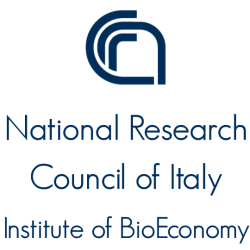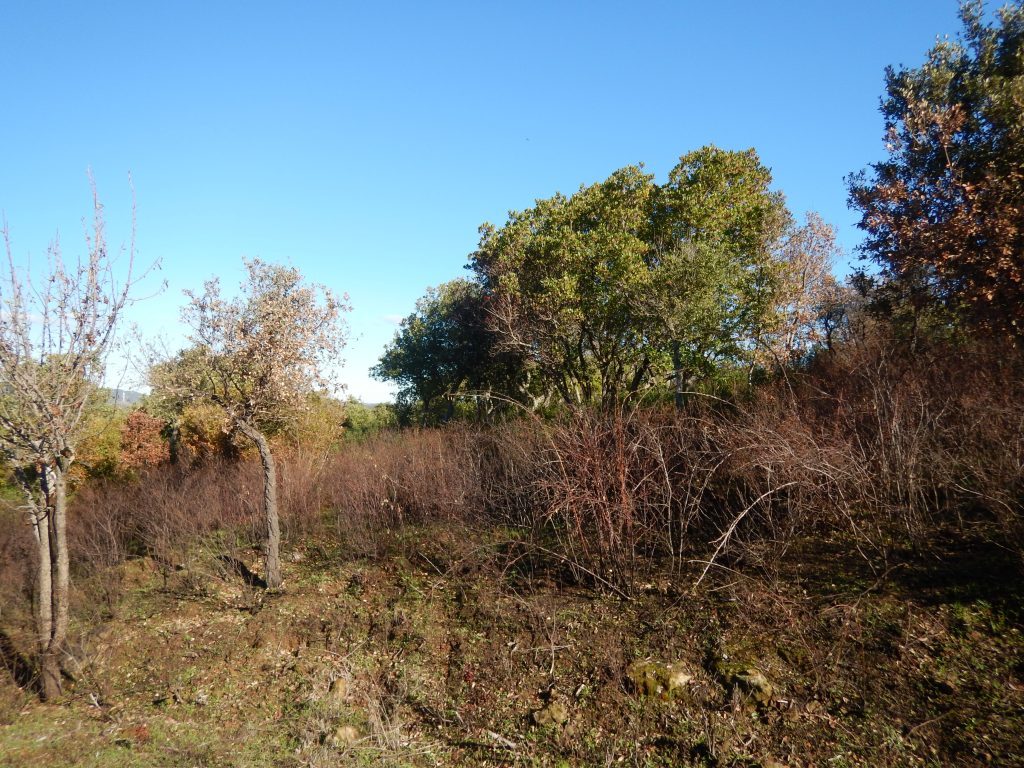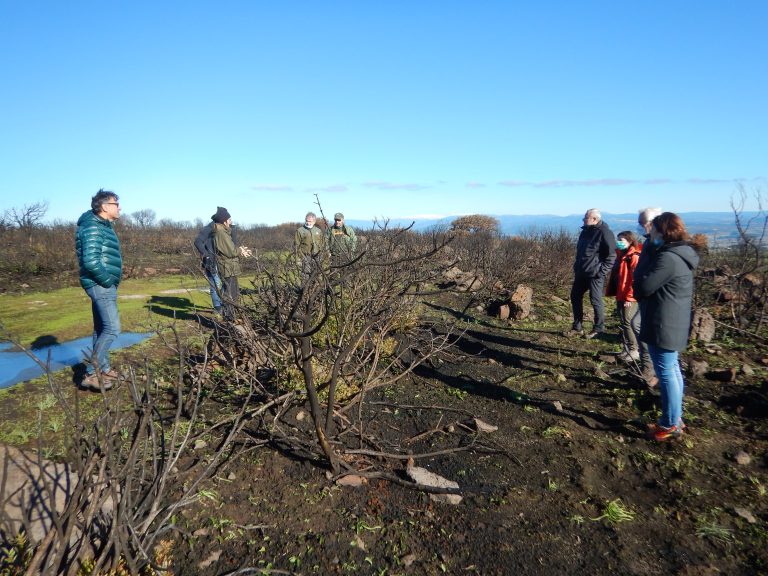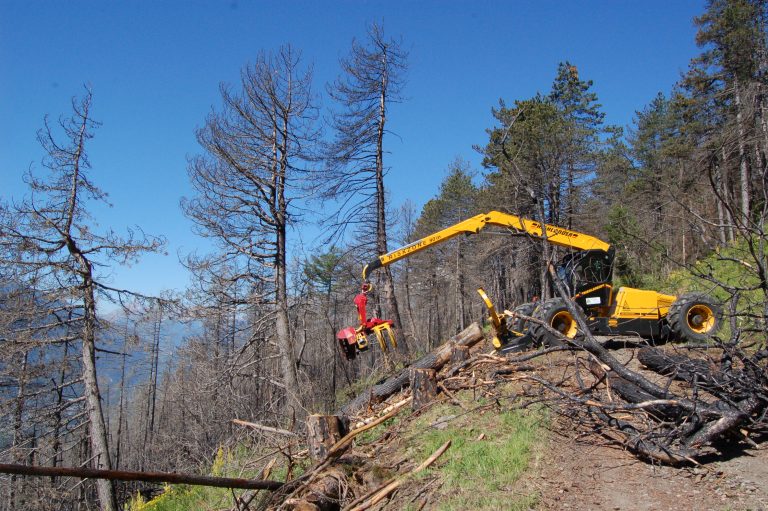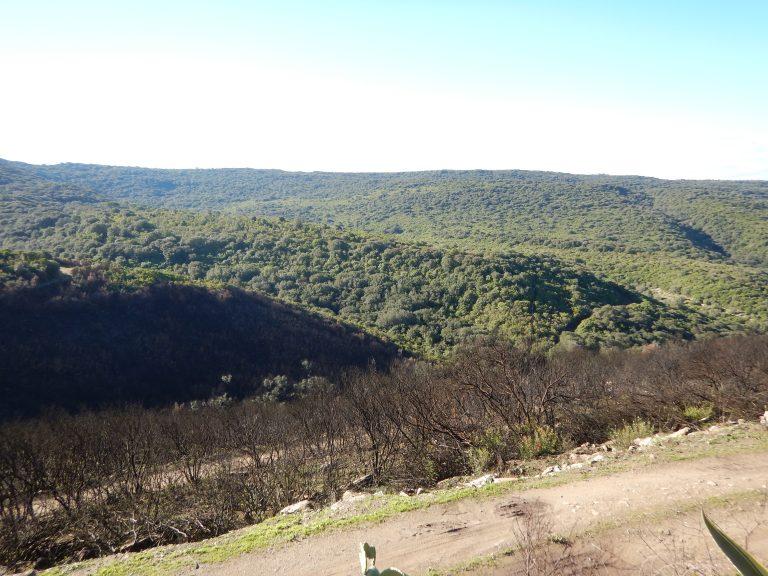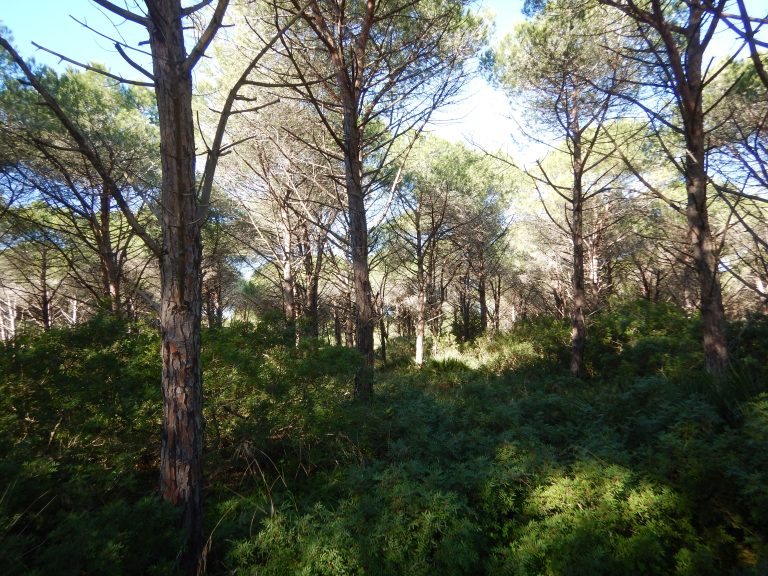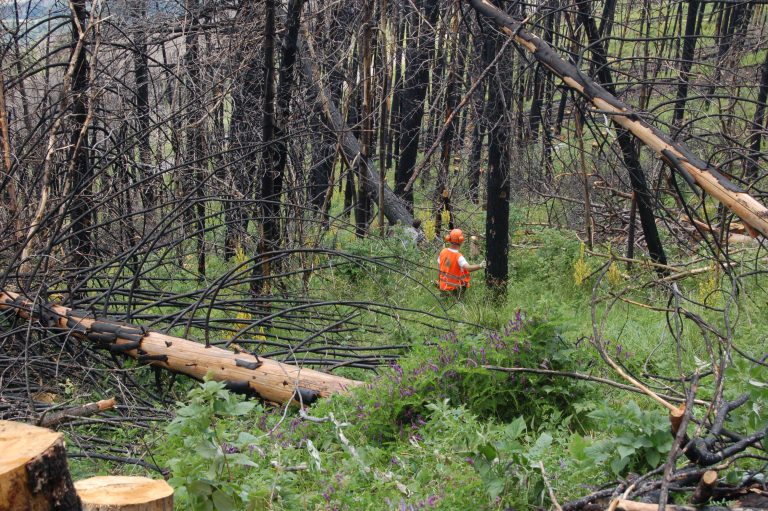[duration of the project 12/2021 – 12/2025]
What is it about
FIRE-RES – which stands for “Innovative technologies and socio-ecological-economic solutions for fire-resilient territories in Europe” – began in December 2021 and will end at the end of 2025 (https://fire-res.eu/). The project aims to make European forests more resilient to extreme fires by developing a stream of innovative actions: a better understanding of the behavior and triggers of extreme fires, the impact on the landscape on the economy and local communities , strategies and emergency management tools for better governance, company resilience and risk communication and awareness. FIRE-RES received a grant of 19.8 million euros under the European research and innovation program Horizon2020 and involves 13 European and non-European countries with a consortium of 34 partners that includes universities, research centers, civil protection organizations , technology companies, industries and civil society organizations. The promoter and coordinator of the project is the Forest Science and Technology Center of Catalonia (CTFC, Spain). FIRE-RES is expected to help reduce the number of human losses, as well as the negative impacts on buildings, land, ecosystems and health, caused by fires in Europe. In this way, the project will also contribute to the achievement of the European Union objectives for 2030.
European context
Large fires pose a serious threat to the whole of Europe, also due to the possible implications for climate change. Areas potentially threatened by the phenomenon are increasing, while recorded events continually break records of burnt surface, speed of propagation, behavior and impacts. According to experts, even areas that have never been hit so far are likely to be affected by fires in a few years. For this reason, the European Commission is investing significant resources to develop new models and innovative approaches to the problem. To do this, 34 innovative actions will be tested in 11 small-scale territorial environments, called Living Labs: they will take place in various regions across Europe. They will be located in Italy (Sardinia), France, Bulgaria, Spain (Canary Islands, Catalonia, Galicia), Germany-Netherlands, Greece, Norway-Sweden, Portugal and Chile. Each will be based on collaborations between the public sector, scientific communities, companies private individuals and citizens’ associations. Strategies and actions implemented at local or regional level will therefore be strengthened to make it a governance tool, applicable in a wide variety of conditions.
Role of CNR-IBE
The main role of CNR-IBE will be to support fire prevention forestry by defining optimized work systems for the reduction of combustible biomass with a dual purpose: 1) to reduce the cost per hectare of interventions thanks to a targeted use of mechanization and 2) enhance the by-products of interventions for the production of energy or wood products. The main objective is to reduce the overall cost per hectare of the interventions. In this way the economic resources annually dedicated to preventive forestry guarantee the safety of a greater forest area. These activities will mainly take place in two Living Labs (territorial areas) in Sardinia and Catalonia (Spain). In the first, the CNR-IBE will collaborate with CNR-IPAAM, the Regional Forestry Agency for the Development of the Territory and the Environment of Sardinia (FoReSTAS) and the Nucleo Operativo Soccorsi (NOS), developing together the Living Lab Sardinia which will host two demonstration sites: 1) in the coastal pine forest and 2) in the Mediterranean scrub. In this territorial context, the innovation actions will also include the following topics: post-treatment grazing to increase the effectiveness of preventive interventions, emergency management, governance and communication, risk awareness.
In the Living Lab Catalonia, the CNR-IBE will collaborate with the CTFC for the construction of demonstration sites in Aleppo pine forests. Finally, the CNR-IBE will collaborate with the Living Lab Chile (Araucania and Bio-Bio regions) for the valorisation of preventive forestry residues in the production of biofuels with high added value.
Scientific coordinator for CNR-IBE
Dr.Gianni Picchi
gianni.picchi [ at ] ibe.cnr.it
IBE’s partecipants
dr. Michele Brunetti
dr.ssa Laura Bonora
dr.ssa Carla Nati
dr.ssa Nocetti Michela

